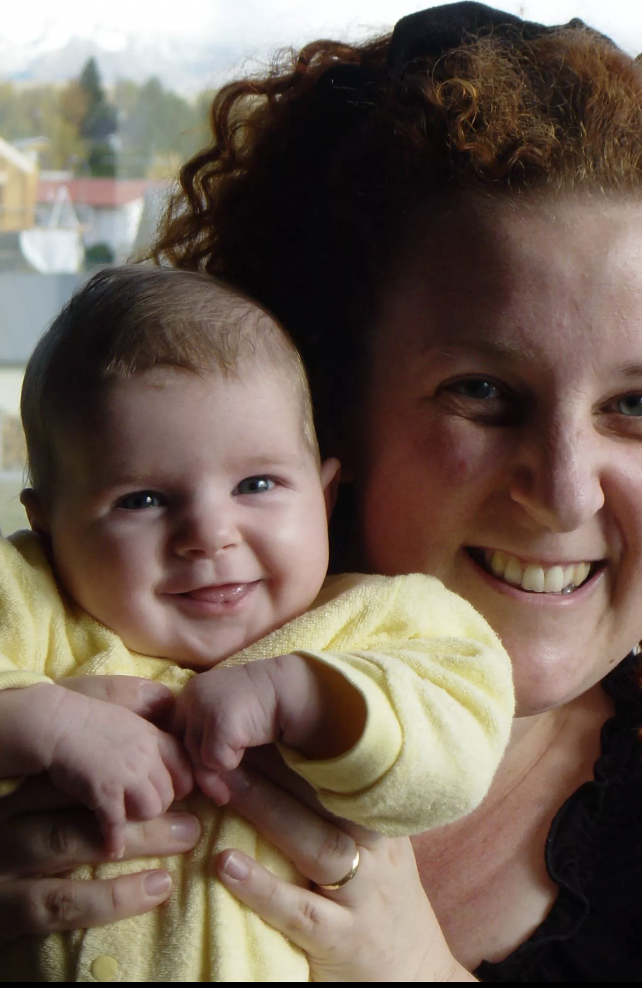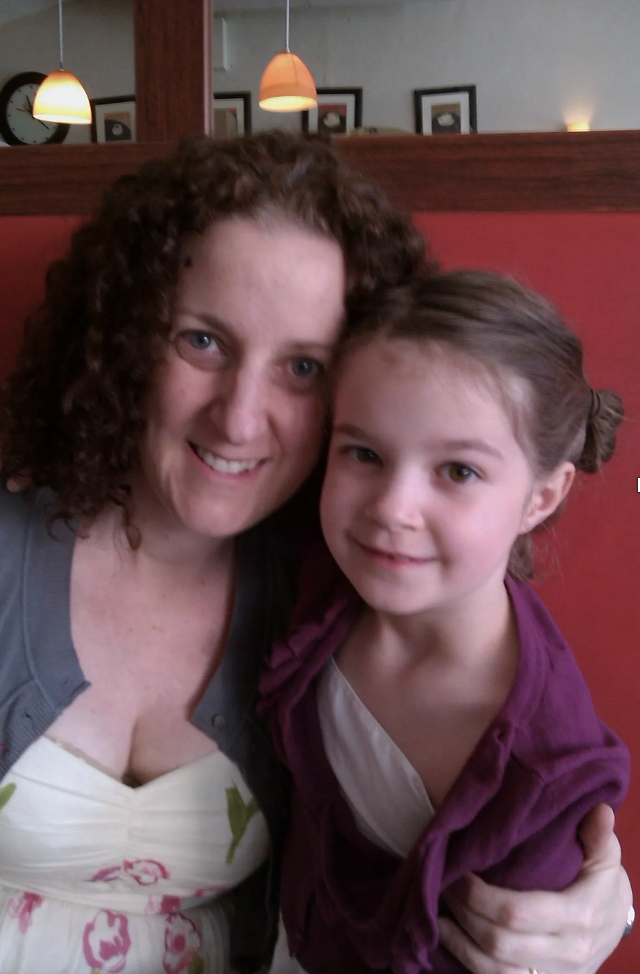If ableds (able-bodied people) got to decide if I was a leader or not, I imagine I would either become inspiration porn, or someone deserving of only pity. Neither of these ways allow me to express the pride I have felt in my own journey and the journey of the people I love.
It has admittedly been a long, and ongoing journey in allowing myself to recognise my own leadership. As a disabled person, I am told my only ways to exist are if I can climb a mountain or accept abled oppression of me and commit to a life of so called ‘nothing’. I want to emphasise that both options are valid, and disabled people are allowed to contribute as much or as little to the inaccessible world they are forced to live in, as they like. Despite efforts by the ableist powers, I fall in the middle of these two possibilities. I work and am participating in education – which according to the employment and school systems who intentionally don’t want disabled people to participate – makes me a standout. An honorary non-disabled disabled person! While I am grateful to learn and work in places that are supportive of me and my disabilities, it makes me mad that because I am forced to participate in the ableist systems of worth and value, that I am a leader.
I would like to think that I am a leader because of all the ways I am disabled, not in spite of my disabilities. I would like to think I am a leader for acknowledging that life is hard for me, that I don’t have adequate support and that I am frankly fed up with that being the case. I would like to think I am a leader for knowing I need help and getting it. My resistance to ableist logics that constantly tell me that I am weak, desperate and incapable of independence, just because I am too unwell to pretend I don’t have disabilities, is a part of my leadership.
This leadership has guided me in making some of the hardest decisions I have ever had to make, to say that I cannot take care of myself and I need greater support. It required removing years of masking my disabilities to realise, I am not strong enough to work on them on my own. While I now know that the reason it felt like admitting defeat was because I had internalised the ableism that told me it was my fault life was hard, and not the world’s fault for not supporting me, the effort that it took to remove that was more than I think I realised, more than we as disabled people allow ourselves to realise.
I saw disabled people I knew, influencers and even just people in shared Facebook groups seek and receive support. I was proud of them, they were inspiring, and not for ‘overcoming’ their disabilities, but for listening to them. I learned from them. I wished I was as brave as them. So, I tried to be.
I went to hospital. For a while. Multiple times. I tried all the medications. I saw all of the specialists. I disengaged from the inaccessible institutions. It was hard, I am still working on it. But I did it.
The bit however that I feel most qualifies my ‘leadership’ is the impact my reaching out for help had on other disabled people. My mother sought an assessment for one of her disabilities, after I was diagnosed with the same one and finally started to receive support for it. I was in the hospital when she called me to say she was going into hospital too. We learnt from each other, we grew together, and most importantly, we both got support.

It is a sign that the world we live in is so ableist that as disabled people we need to think other disabled people are worthy of support before we see ourselves as deserving it. But, for now, we continue to lead in this way. We lead in our community, we lead with, beside and for each other.
It is still hard to admit, but I think I am a leader. I am a leader for admitting I cannot do it alone, and I am a leader for helping other people realise that it is true for them too. I am a leader for knowing that asking for help doesn’t make me weak, it makes me strong.
Issy (they/them) is a proud queer and disabled enby. They have a number of different disabilities and are fortunate enough to work in the disability space. Issy is also a freelance writer who writes about their lived experience and is passionate about intersectional representation. Their website is https://issyhaywriting.webnode.com.
Disclaimer
The blog posts do not necessarily represent the views and opinions of Women with Disabilities Australia (WWDA), and blog posts are contributions made by women, girls or non-binary persons with disability about what leadership means to them. All possible care has been taken in the preparation of the information contained in this document. WWDA disclaims any liability for the accuracy and sufficiency of the information and under no circumstances shall be liable in negligence or otherwise in or arising out of the preparation or supply of any of the information aforesaid.

